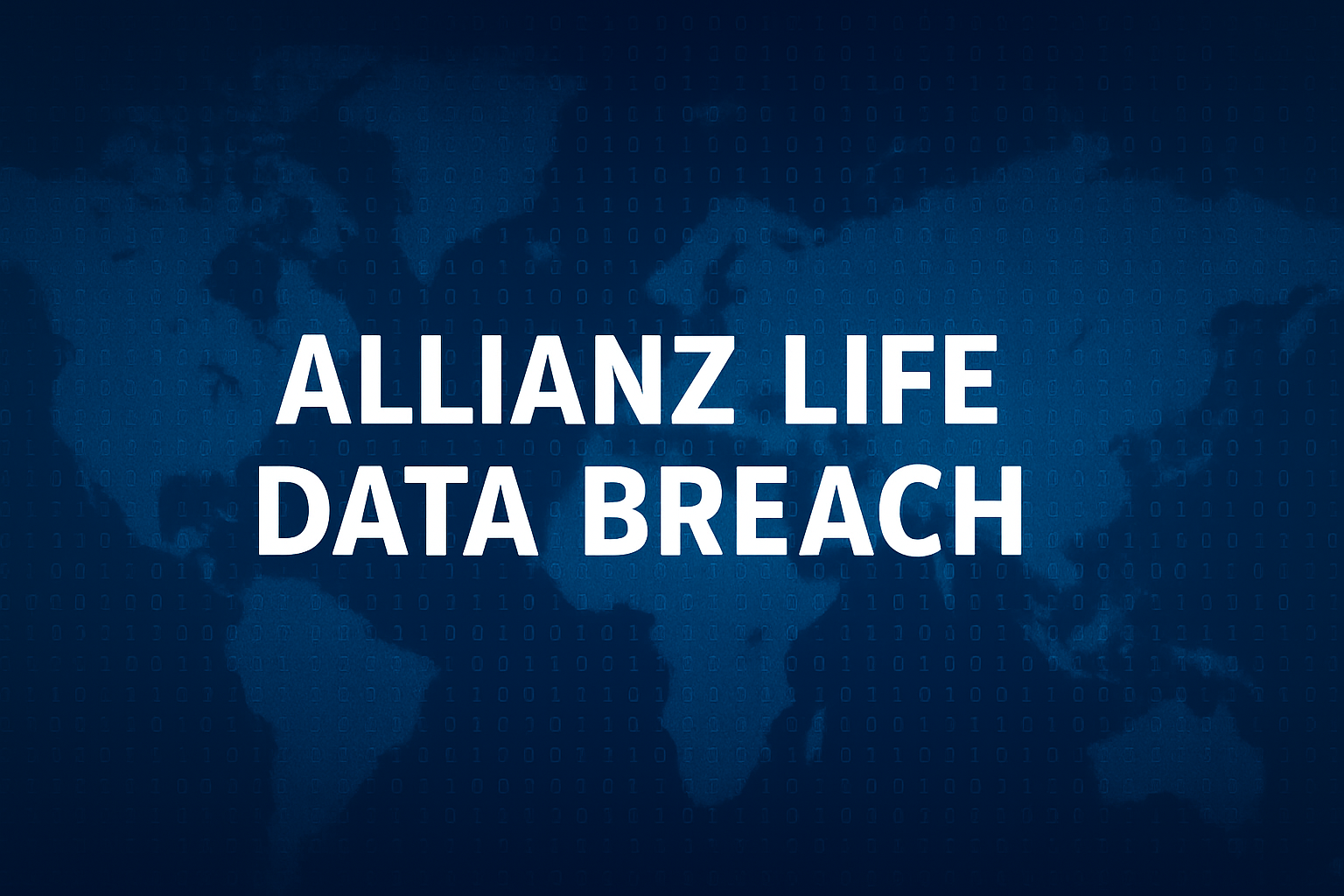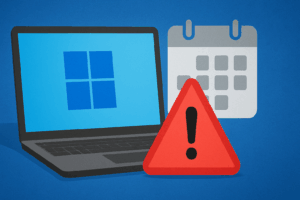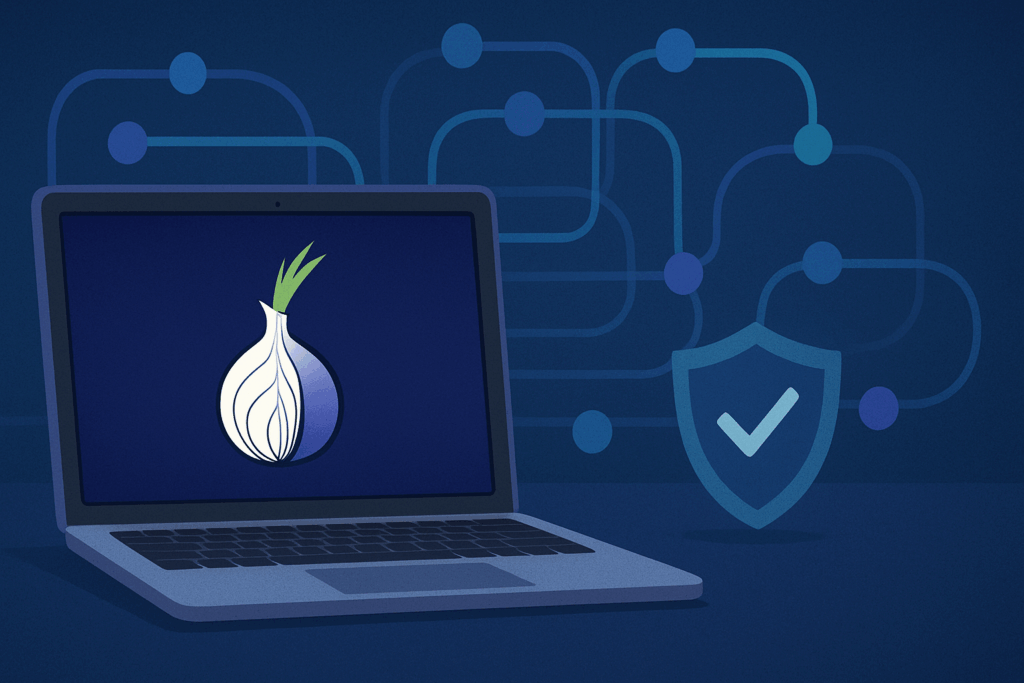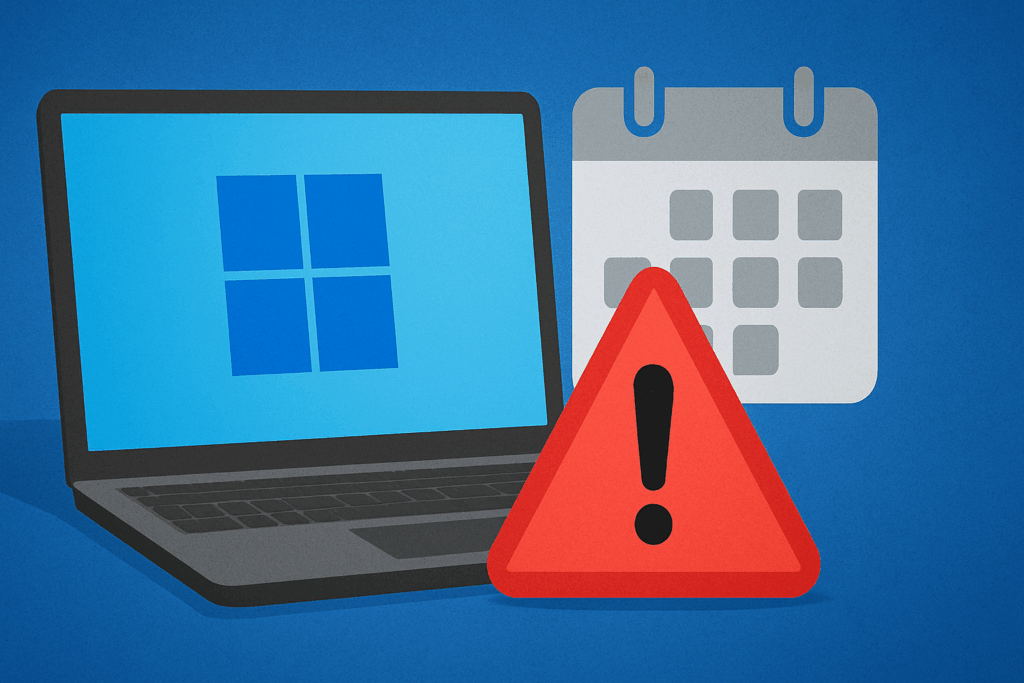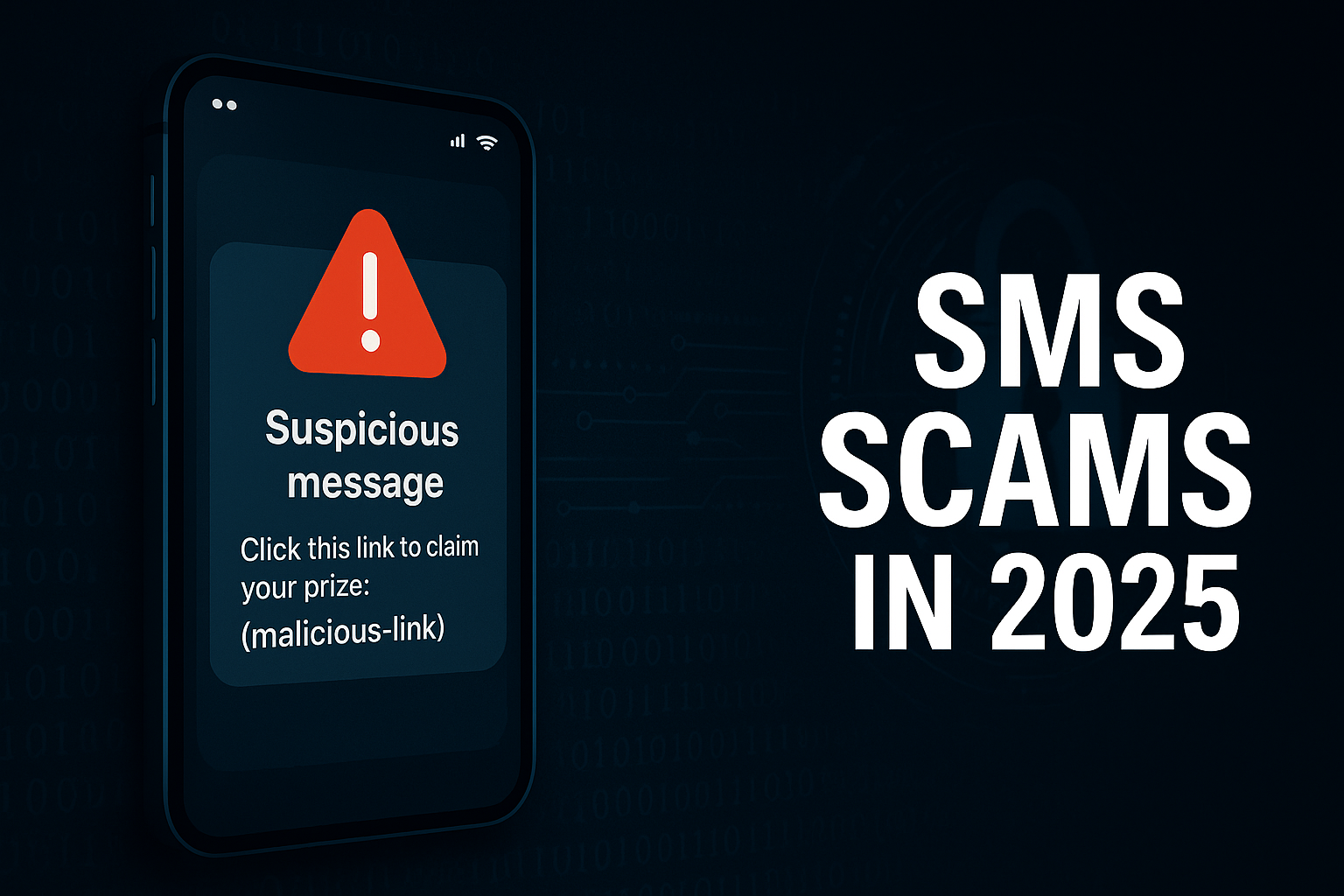🚨 What happened?
-
On July 16, 2025, Allianz Life confirmed that hackers accessed a third‑party, cloud‑based CRM system via a social engineering attack, compromising sensitive data of the majority of its ~1.4 million U.S. customers, as well as financial professionals and select employees.
-
The breach was discovered on July 17, and Allianz Life filed a breach notification with the Maine Attorney General. Written notices to affected individuals are expected around August 1, with FBI involvement noted as part of the investigation.
What data may have been exposed?
While full details on the exact data types haven’t been published, breaches of this nature typically involve personally identifiable information (PII):
• Names, dates of birth, Social Security numbers, addresses, and possibly customer or policy numbers.
These are consistent with what Allianz Life disclosed in past incidents and the expected scope of a CRM system breach involving social engineering.
Monitor Potential Data Breaches Instantly
Set up Breach Monitoring with NordPass and scan the web for any leaks involving your credentials and credit card numbers.
Receive real‑time alerts so you can act fast before criminals do.
🔍 Enable Breach Monitoring Now
Easy setup · Trusted by cybersecurity experts
Why this matters
-
Scope and scale: Affecting the majority of Allianz Life’s 1.4 million customers makes this one of the largest recent breaches in the insurance sector.
-
Third-party risk: Attackers targeted an external CRM vendor, highlighting how cybersecurity vulnerabilities often emerge through less-secure partner systems—not necessarily the company’s core infrastructure.
-
Class action trend: Allianz Commercial reports that two‑thirds of large cyber insurance claims (over €1 million) in early 2024 were tied to data/privacy breaches—and that claims frequency rose 14% while severity surged 17% year‑over‑year.
-
Escalating litigation risk: In 2023 alone, over 1,300 data breach–related class action lawsuits were filed in the U.S., many under the banner of “non‑attack” privacy violations such as improper data processing or collection.
What Allianz Life is doing for affected individuals
-
Notices mailed starting early August, in line with legal requirements.
-
Free identity protection services: 24 months of credit monitoring, fraud resolution, identity restoration, and reimbursement coverage.
-
Coordination with federal authorities, including the FBI, to pursue the attackers and minimize further fallout.
What you should do to protect yourself
Even if you haven’t received a breach notice yet, it’s wise to take these precautionary steps:
-
Monitor your credit and accounts: Check bank and credit card statements regularly for unusual charges or inquiries.
-
Enroll in any offered identity protection: Activate the free 24‑month services promptly when eligible.
-
Consider placing a fraud alert or credit freeze if you see suspicious activity.
-
Use strong, unique passwords and enable two‑factor authentication (2FA) on your online accounts.
-
Be extra cautious of phishing emails or scam calls claiming to be from Allianz or Kroll.
-
Stay informed: Watch for official communications and updates from Allianz Life and relevant regulators.
Why this trend matters for all internet users
-
Social engineering is on the rise: Criminals now frequently exploit human psychology—impersonating trusted service providers—to access sensitive systems.
-
Third-party systems are a soft target: Even if the main company’s cybersecurity seems strong, vendors or partners (software vendors, contractors) may be weaker links.
-
Data litigation risk is growing fast: Regulators and plaintiffs are increasingly pursuing non‑hack privacy violations, meaning even inadvertent mishandling of data can lead to costly lawsuits.
- Long-term consequences: Stolen personal data doesn’t “expire.” It can be sold or reused for fraud months or years later.
Bottom Line
The Allianz Life breach serves as a powerful reminder that your personal data is valuable — and vulnerable — especially when held by large institutions or their partners. Whether you’re a customer, financial advisor, or simply using digital services, stay alert, follow protection steps, and treat every breach notification seriously. Awareness is your best defense. Quick action (credit alerts, password changes) often prevents bigger problems.
Stay informed, stay cautious, and treat your personal data like cash—valuable and worth guarding.
